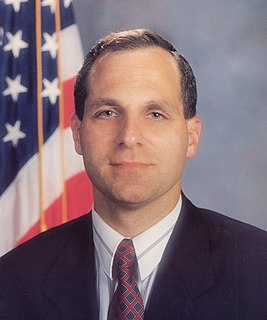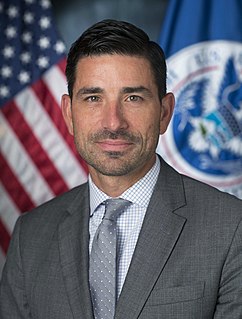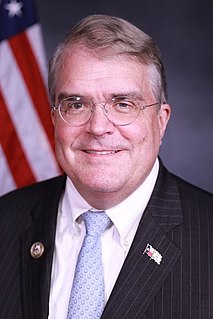A Quote by Suzan DelBene
U.S. companies need clear guidelines on when they have to turn over electronic communications to law enforcement if that information is stored abroad. The current uncertainty harms U.S. businesses and their customers and does not well-serve our foreign relationships.
Related Quotes
The key to using the Internet to extend and build relationships is to view ownership of information differently-you need to bring customers inside your business to create information partnerships ... relationships become the differentiator, more than products or services. Businesses become intertwined.
Often people say they can't base their strategies on customers because customers make unreasonable requests and because customers vary too much. Such opinions reveal serious misconceptions. The truly outside-in company definitely does not try to serve all the needs of its customers. Instead, its managers are clear about what their organization can and should do for customers, and whatever they do they do well. They focus.
It is a serious undertaking and yes, we do need more fencing and we do need to use technology, and we do need more border control. And we need to have better cooperation by the way with local law enforcement. There are 800,000 cops on the beat, they ought to be trained to be the eyes and ears for law enforcement for the threat against terror as well as for immigration.
Today, no one would dispute that information technology has become the backbone of commerce. It underpins the operations of individual companies, ties together far-flung supply chains, and, increasingly, links businesses to the customers they serve. Hardly a dollar or a euro changes hands anymore without the aid of computer systems.
I want you to say to me right from the start, "We are here to serve customers. We're not here for me to make a lot of money. We're not here to bet on interest rates or credit spreads. We are here to serve our customers really well over a long period of time, and that's how you build a successful business." And so I want to see that, too, you know?
And finally remember that nothing harms him who is really a citizen, which does not harm the state; nor yet does anything harm the state which does not harm law [order]; and of these things which are called misfortunes not one harms law. What then does not harm law does not harm either state or citizen.
Well, when people talk about interrogating terrorists, they're acting like this is some sort of law enforcement function. Law enforcement is about gathering evidence to take someone to trial, and convict them. Anti-terrorism is about finding out information to prevent a future attack so the same tactics do not apply.
Those of us in law enforcement must redouble our efforts to resist bias and prejudice. We must better understand the people we serve and protect - by trying to know, deep in our gut, what it feels like to be a law-abiding young black man walking on the street and encountering law enforcement. We must understand how that young man may see us.
This killer [in Orlando] was interviewed by the FBI three times and I'm not going to second guess what career law enforcement professionals do everyday to defend our nation. But we need to look carefully at this. Should we have a broader database? You know, someone comes to the attention of FBI not once but three times, does that suggest that local law enforcement needs to know.
































